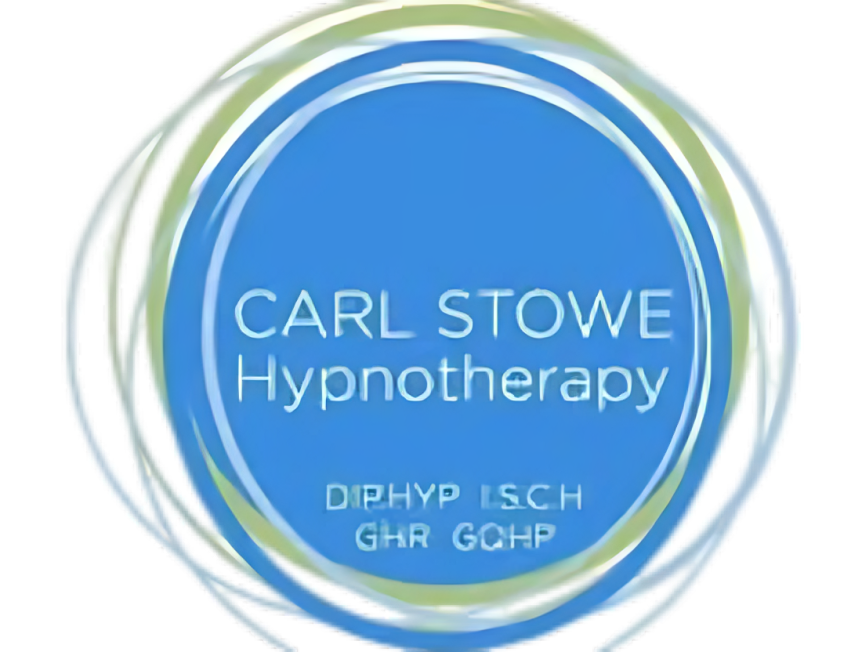Overcoming Chronic Insomnia Through Hypnotherapy

Case Study: Overcoming Chronic Insomnia Through Hypnotherapy
Background:
Michael (name changed for privacy), a 42-year-old software engineer, had been struggling with chronic insomnia for over three years. Despite trying various solutions such as over-the-counter sleep aids, mindfulness meditation, and strict bedtime routines, Michael continued to experience difficulty falling and staying asleep. This led to fatigue, irritability, and decreased productivity at work.
Michael’s insomnia began during a particularly stressful period at his job and persisted even after the stress subsided. After a recommendation from a colleague, he decided to try hypnotherapy as a potential solution.
Assessment:
During the initial consultation, I gathered detailed information about Michael’s sleep patterns, triggers, and beliefs about sleep. Michael revealed that he often felt anxious about not being able to fall asleep, which created a vicious cycle of worry and sleeplessness. He also reported frequent nighttime awakenings and racing thoughts.
I explained that hypnotherapy could help address the subconscious factors contributing to his insomnia, such as anxiety, negative sleep associations, and unhelpful thought patterns.
Treatment Plan:
Michael’s hypnotherapy treatment consisted of six sessions over six weeks, with the following objectives:
Reducing Anxiety Around Sleep: Addressing the anticipatory anxiety that perpetuated Michael’s insomnia.
Reprogramming Negative Sleep Beliefs: Changing Michael’s subconscious associations with sleep from frustration to relaxation and restfulness.
Establishing a Sleep-Inducing Routine: Reinforcing positive bedtime habits through hypnotic suggestions.
Equipping Coping Tools for Nighttime Awakenings: Providing strategies to calm the mind and return to sleep quickly.
Session Details:
Session 1: Initial Relaxation and Sleep Assessment
Michael was guided into a state of deep relaxation. The therapist introduced suggestions to release anxiety and begin associating bedtime with peace and comfort.Session 2: Addressing Sleep Anxiety
The therapist used techniques to reduce Michael’s anticipatory anxiety around sleep, reframing it as an opportunity to rest and recharge rather than a nightly battle.Session 3-4: Reprogramming Subconscious Beliefs
Through guided imagery, Michael visualized himself falling asleep easily and staying asleep through the night. Suggestions reinforced confidence in his body’s natural ability to sleep.Session 5: Coping Mechanisms for Night time Awakenings
Michael learned relaxation techniques, such as progressive muscle relaxation and deep breathing, which were embedded in a hypnotic state. The therapist also suggested positive affirmations to use if he woke up during the night.Session 6: Consolidation and Future Strategies
The final session focused on reinforcing Michael’s progress and ensuring he felt equipped to handle any future sleep disturbances. Custom recordings were provided for ongoing support.
Outcome:
By the end of the treatment, Michael reported significant improvements in his sleep patterns. He was able to fall asleep within 15-20 minutes most nights and experienced fewer night time awakenings. On the rare occasions when he did wake up, he successfully used the techniques learned in therapy to return to sleep quickly.
Three months post-treatment, Michael reported sustained improvement in his sleep quality and overall well-being. He described feeling more energetic and productive during the day, attributing these changes to the transformative impact of hypnotherapy.
Conclusion:
This case highlights the effectiveness of hypnotherapy in addressing chronic insomnia by targeting the subconscious drivers of sleep disturbances. Michael’s experience demonstrates how a structured and personalized hypnotherapy approach can help individuals achieve lasting relief and restore healthy sleep patterns.
